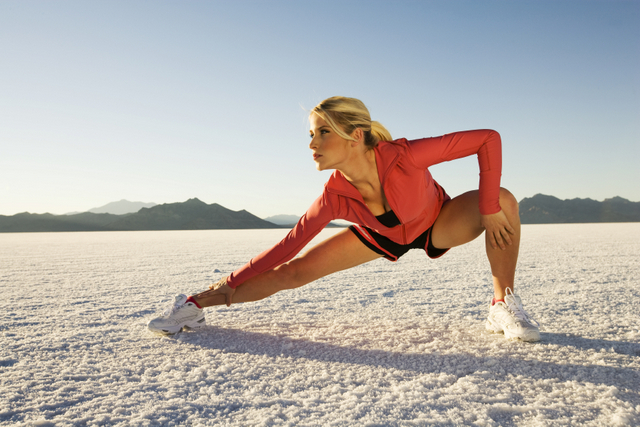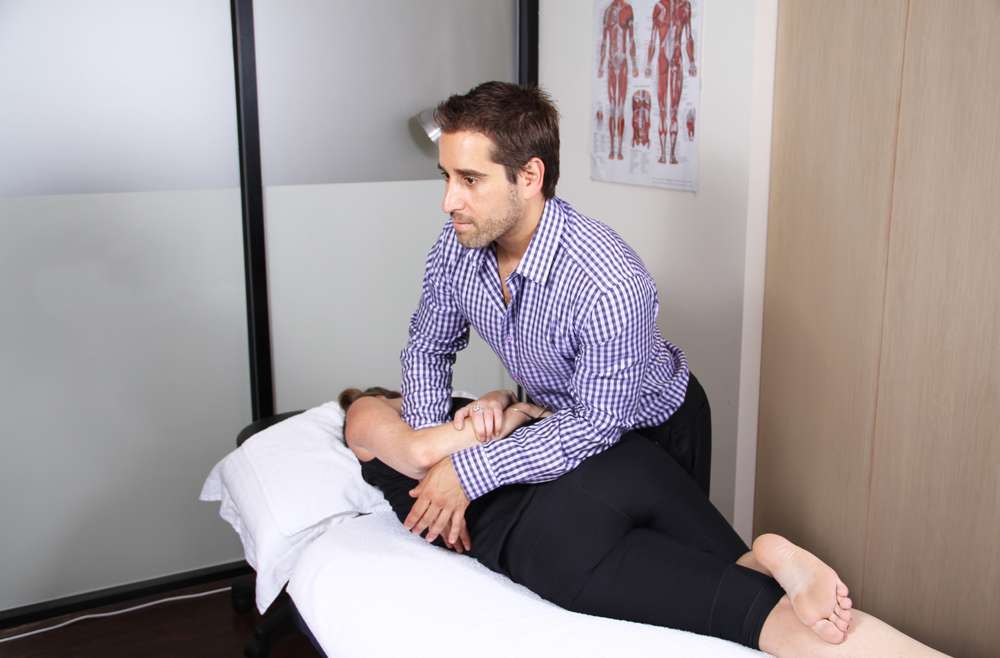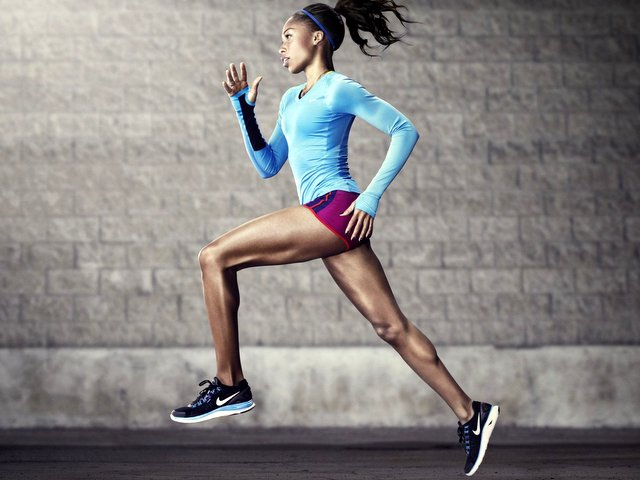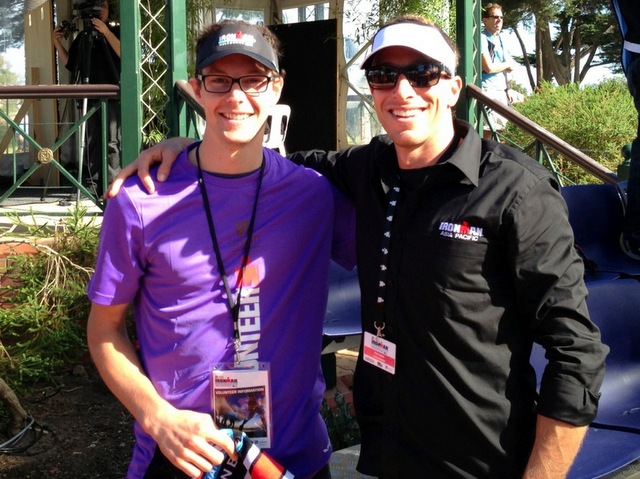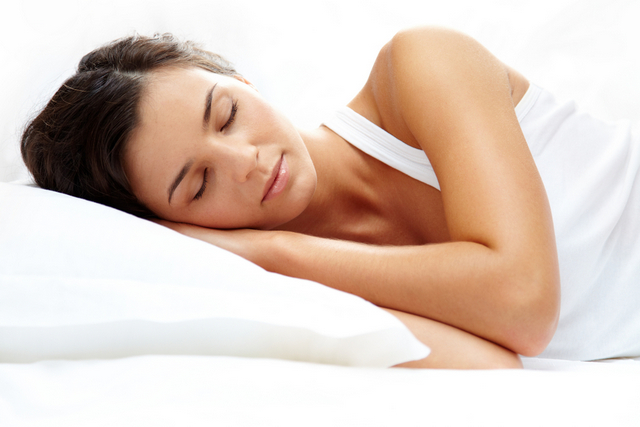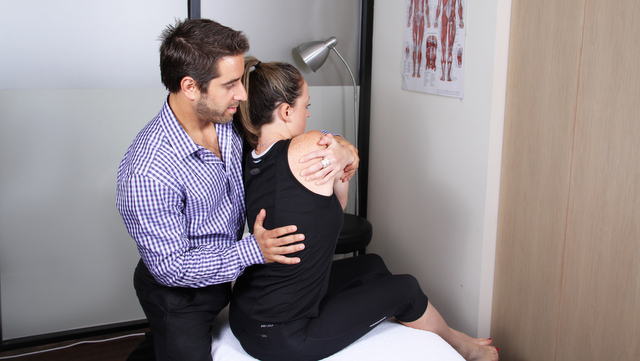This week’s blog post is an article that was featured in the New York Times Phys Ed column a few weeks ago. It covers some recent research out of Croatia that involved some “bogglingly comprehensive re-analysis of data” about the detrimental effects of static stretching used as a warm-up before exercise. You can read the full article here on the New York Times…
